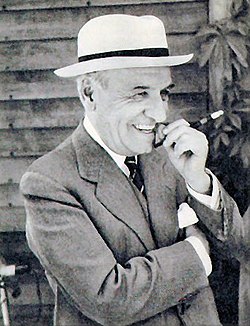Ortega y Gasset Quote
But the man we are now analysing accustoms himself not to appeal from his own to any authority outside him. He is satisfied with himself exactly as he is. Ingenuously, without any need of being vain, as the most natural thing in the world, he will tend to consider and affirm as good everything he finds within himself: opinions, appetites, preferences, tastes. Why not, if, as we have seen, nothing and nobody force him to realise that he is a second-class man, subject to many limitations, incapable of creating or conserving that very organisation which gives his life the fullness and contentedness on which he bases this assertion of his personality?
But the man we are now analysing accustoms himself not to appeal from his own to any authority outside him. He is satisfied with himself exactly as he is. Ingenuously, without any need of being vain, as the most natural thing in the world, he will tend to consider and affirm as good everything he finds within himself: opinions, appetites, preferences, tastes. Why not, if, as we have seen, nothing and nobody force him to realise that he is a second-class man, subject to many limitations, incapable of creating or conserving that very organisation which gives his life the fullness and contentedness on which he bases this assertion of his personality?
Related Quotes
About Ortega y Gasset
